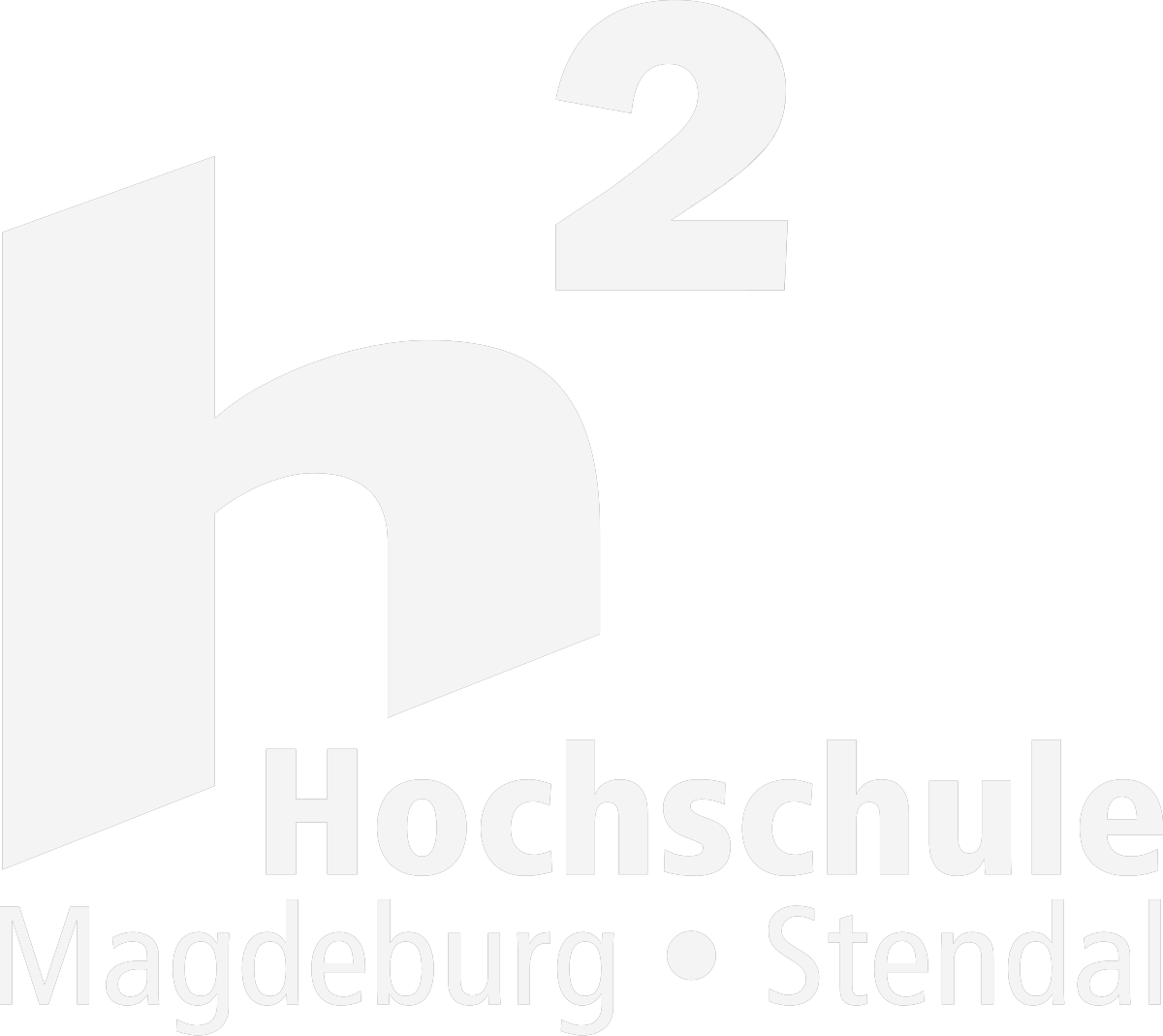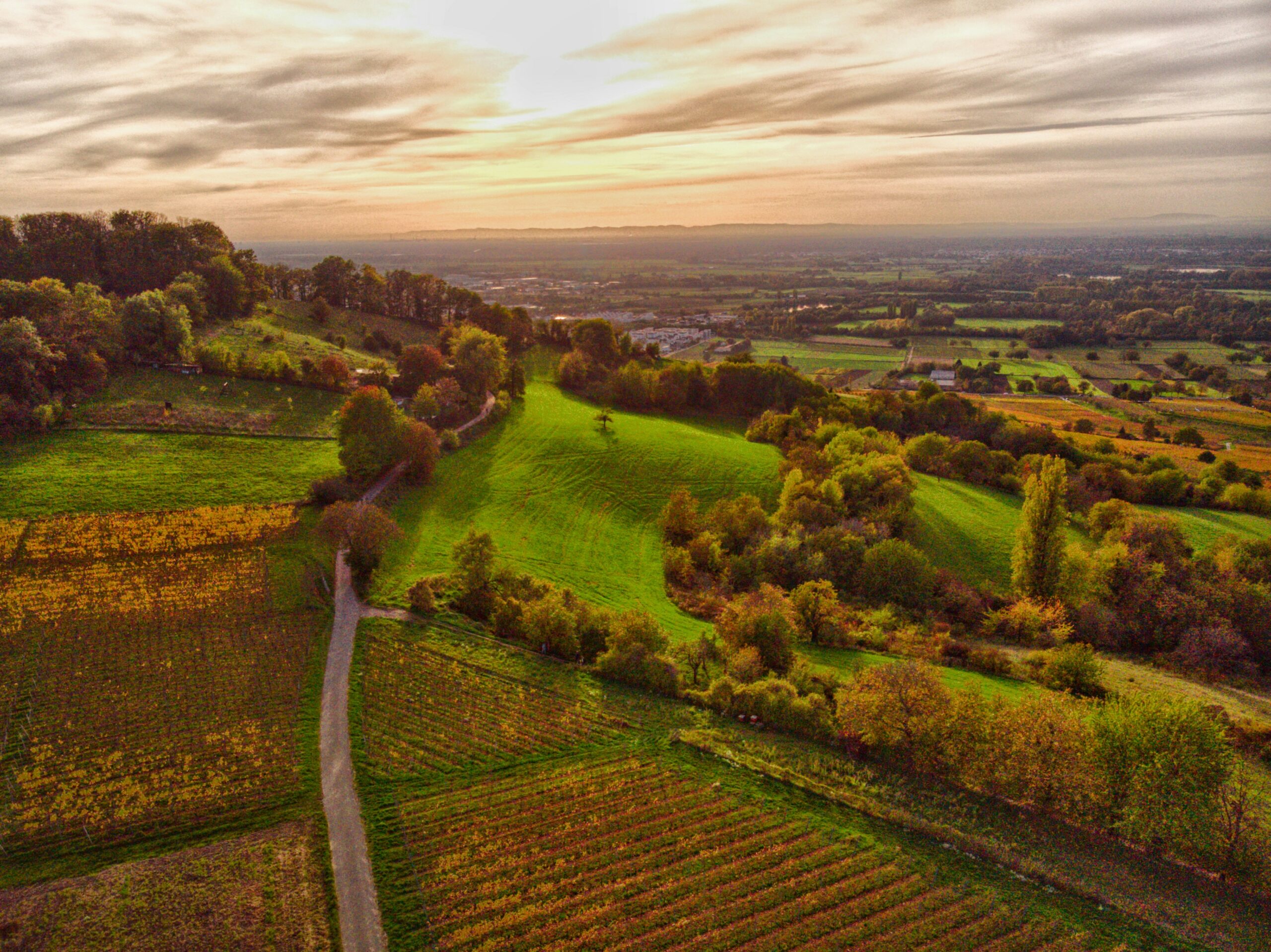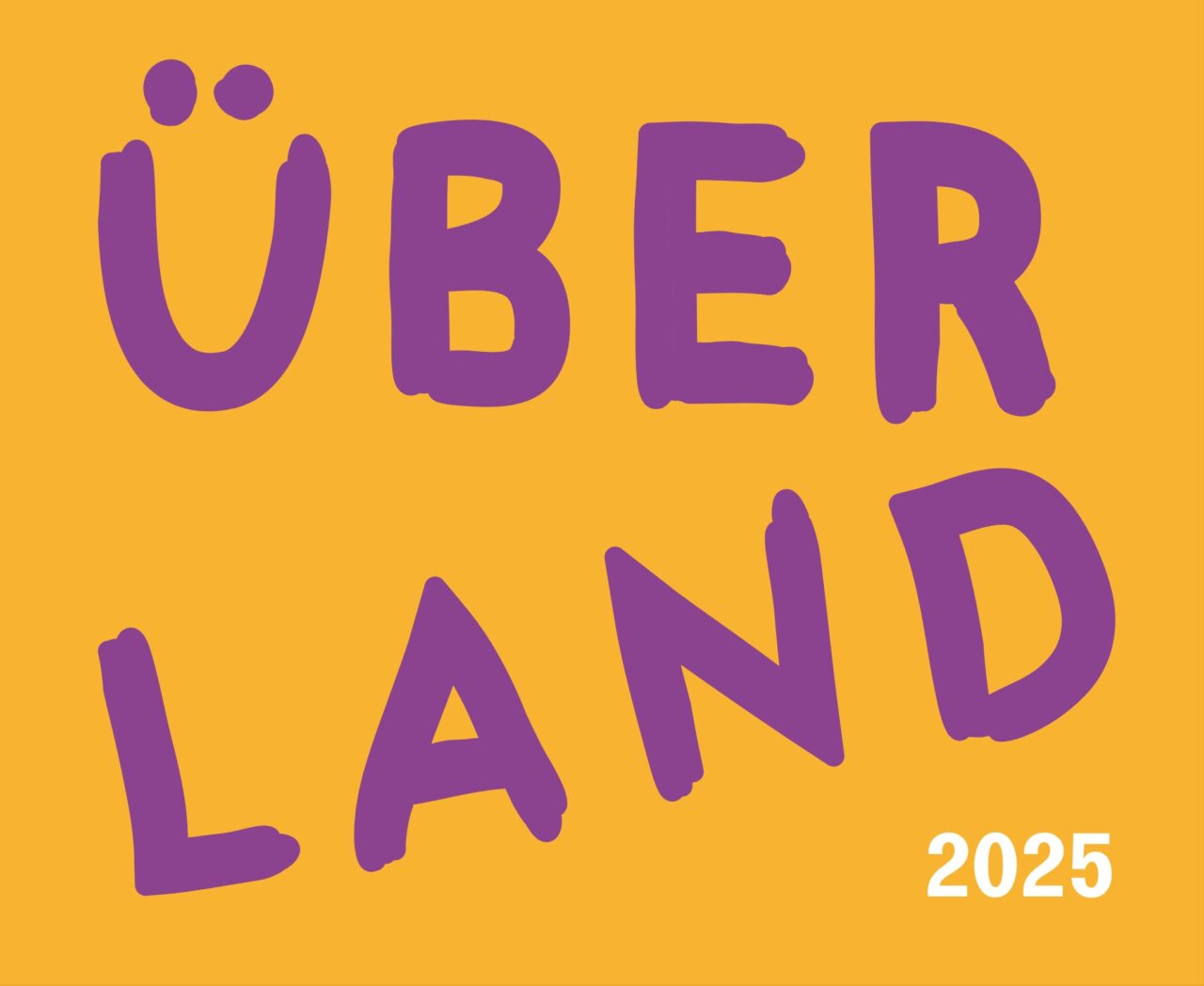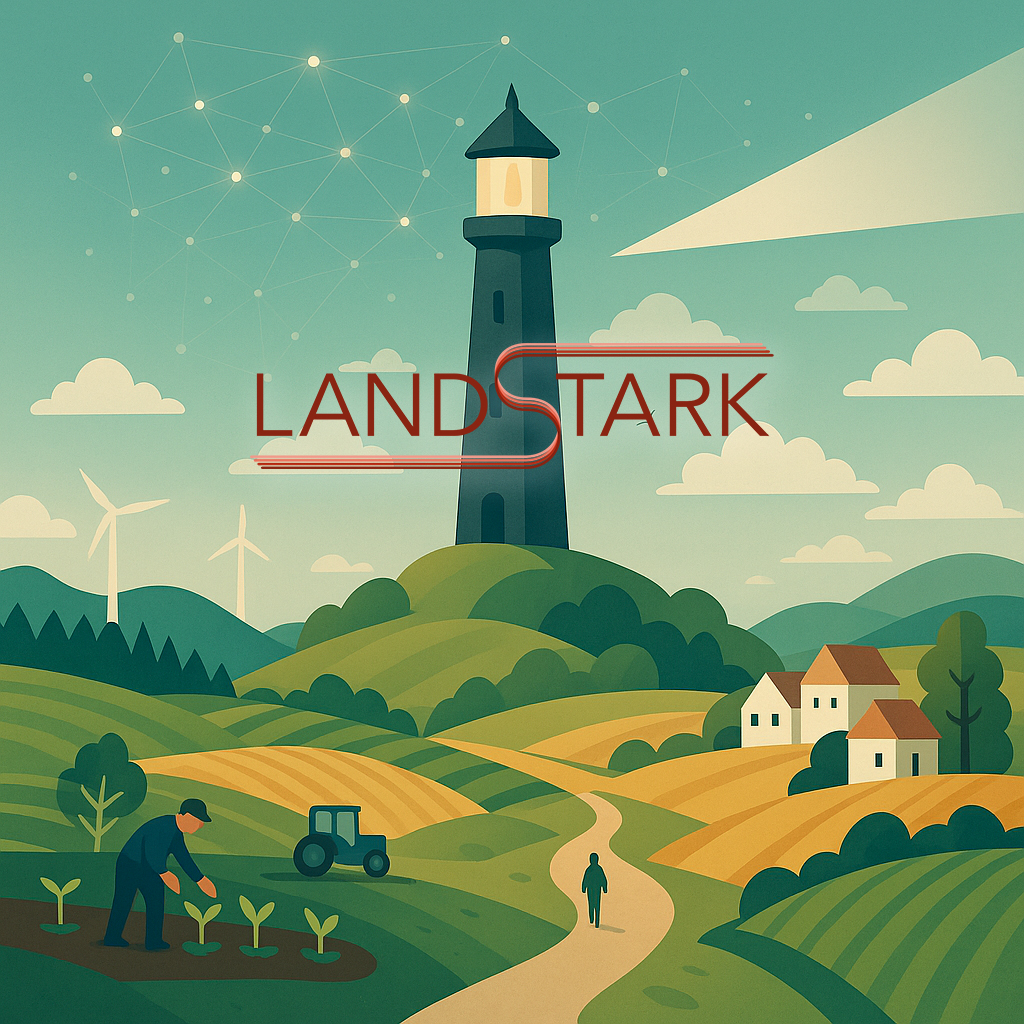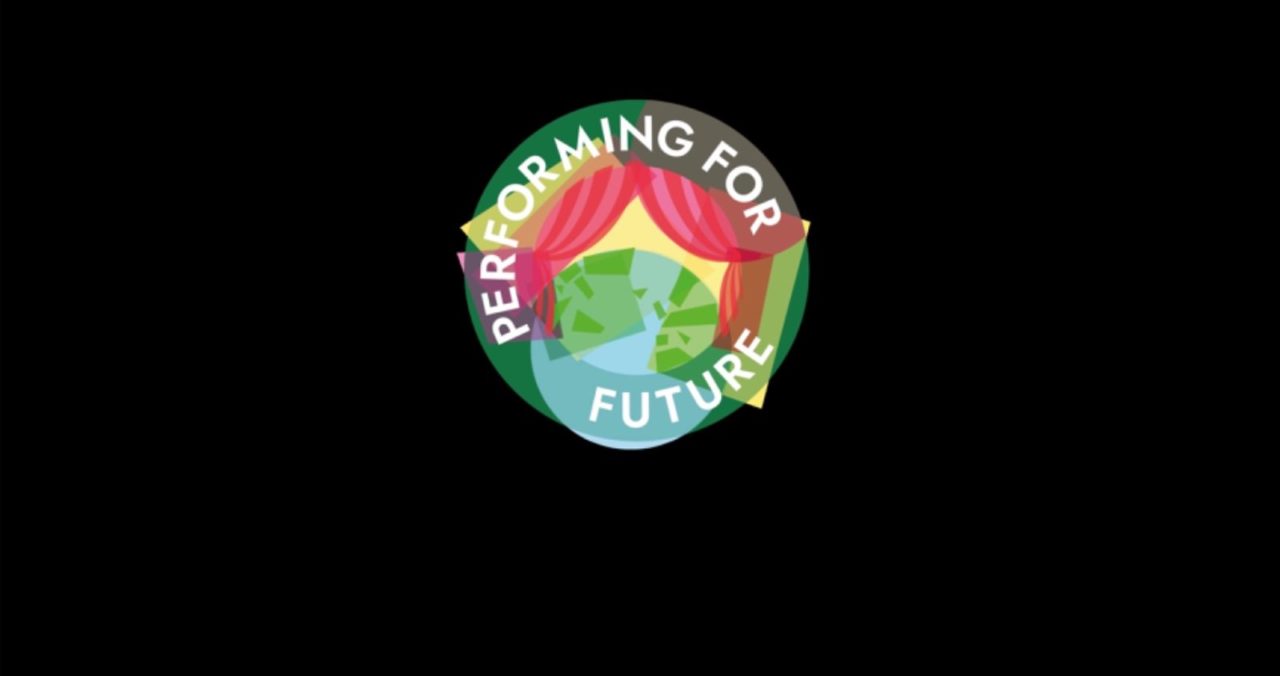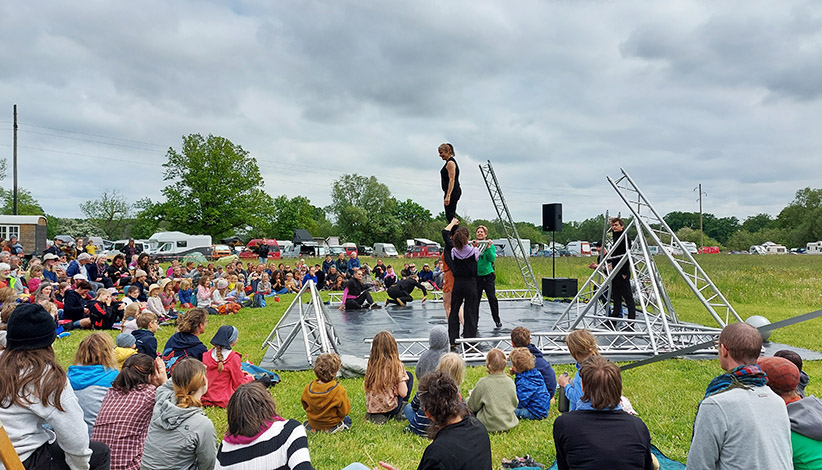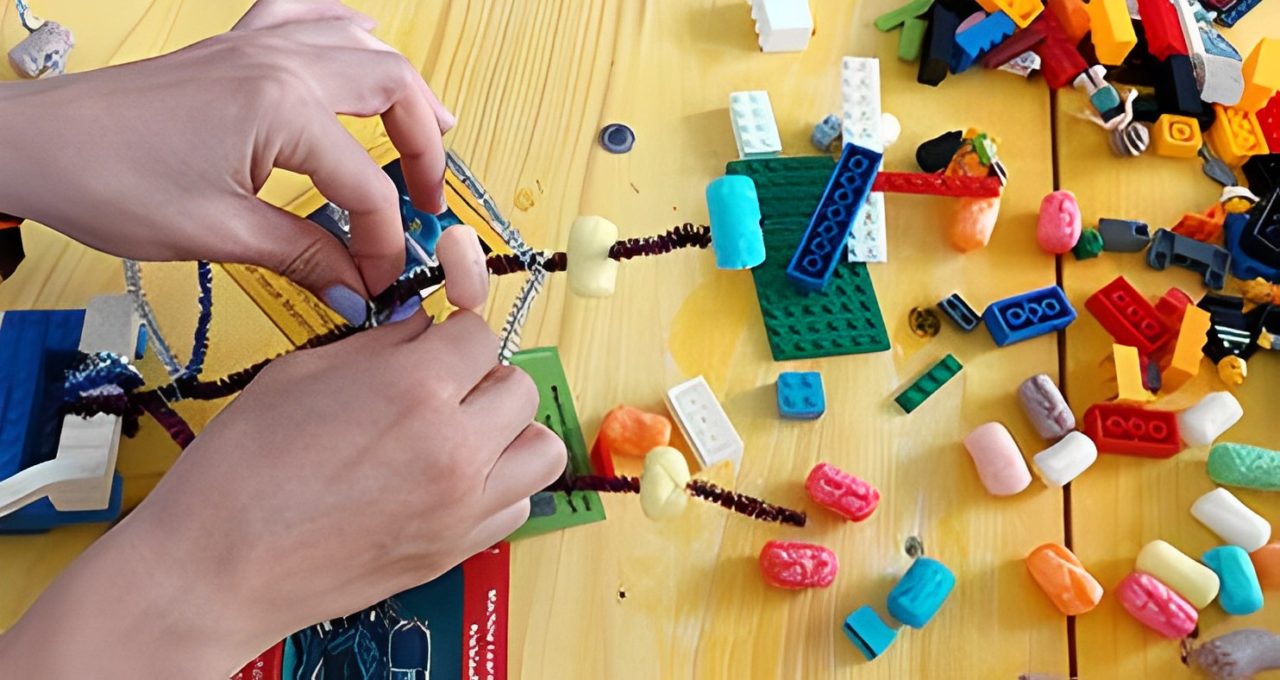LandStarK explores new ways of thinking and acting initiated by the cultural and creative industries in the sense of the EU’s „Green Deal“ in the socio-economic ecosystems of eight regions in four federal states:
- Northwest Mecklenburg and Ludwigslust-Parchim in Mecklenburg-Vorpommern,
- Prignitz in Brandenburg,
- Lüchow-Dannenberg and Lüneburg in Lower Saxony and
- Salzwedel, Börde and Stendal in Saxony-Anhalt.
The transformation activities examined are based on the „System Change Compass“, which was developed by the EU in collaboration with the Club of Rome and describes the transition to a circular economy and a regenerative form of economy in the context of the „Green Deal“.
https://circulareconomy.europa.eu/platform/en/knowledge/system-change-compass-implementing-european-green-deal-time-recovery
LandStarK deals with the following research questions:
- How and to what extent can NPP trigger rethinking and transformation processes in terms of the Great Transformation (social, ecological, inclusive) in rural areas using the example of rural sectoral specialization (tourism and organic farming) and thus pave the way for sustainable resilience of participating rural areas?
- How can positive secondary and tertiary effects of NPP on certain regulatory ecosystems and their interactions with NPP in rural areas be quantified and qualified?
- Which cultural and creative endogenous resources, formats, methods (e.g. organizational culture, social / cognitive / institutional proximity and density, market forces, regulatory framework) set rethinking and transformation processes in motion and are decisive for sustainable system change?
- To what extent can intersectoral cooperation with the NPP be adopted in other economic ecosystems outside organic farming and tourism?
LandStarK is part of the research measure „Faktor K“ with 22 innovative research projects as part of the federal program „Rural Development and Regional Value Creation“ (BULEplus) on behalf of the BMEL and runs until February 2026. Within Faktor K, LandStarK is assigned to the thematic cluster „Cultural actors and networks in rural areas in transformation processes“.
The aims of Faktor K:
The funding of the research projects is intended to strengthen the research landscape on rural areas in Germany on the one hand and to expand knowledge about the importance of culture in rural areas on the other. In addition, successful models and conditions for a vibrant cultural life in rural areas are to be analyzed and recommendations for practical action developed.
In addition to the funding measure, networking between the research projects and the transfer of knowledge to the specialist public will be of great importance in order to disseminate the knowledge gained.
https://www.bmel.de/DE/themen/laendliche-regionen/freizeit-und-kultur/forschung-kultur-land.html
The aim of LandStarK is to establish a methodological and practical lighthouse for the facilitation and revitalization of cultural and creative activities in the eight regions mentioned, which serve the transformation in the sense of the „Green Deal“ and show sustainable effects in the tourism and organic farming sectors.
In addition, an active and participatory transfer of knowledge about researched framework conditions for success is to be made possible in all eight regions. To this end, local and national events will be designed and implemented from February 2024, including in the form of hybrid webinars and learning journeys. The makerspaces in Wismar, Stendal and Magdeburg are to be integrated into the knowledge transfer formats.
Magdeburg-Stendal University of Applied Sciences is working closely with Wismar University of Applied Sciences in all work packages. The transformation of the identified potential into practical knowledge transfer formats is the special responsibility of h2.
LandStark is exploring innovative approaches to thinking and acting, inspired by the cultural and creative industries, in the context of the EU’s „Green Deal“. This exploration is focused on examining transformation activities in eight regions across four federal states, with the aim of creating socio-economic ecosystems that are more sustainable. To guide this transformation, LandStark is using the „System Change Compass“, which was developed in collaboration with the Club of Rome by the EU. This compass describes the transition to a circular economy and a regenerative form of economy, both of which are key objectives of the „Green Deal”.


